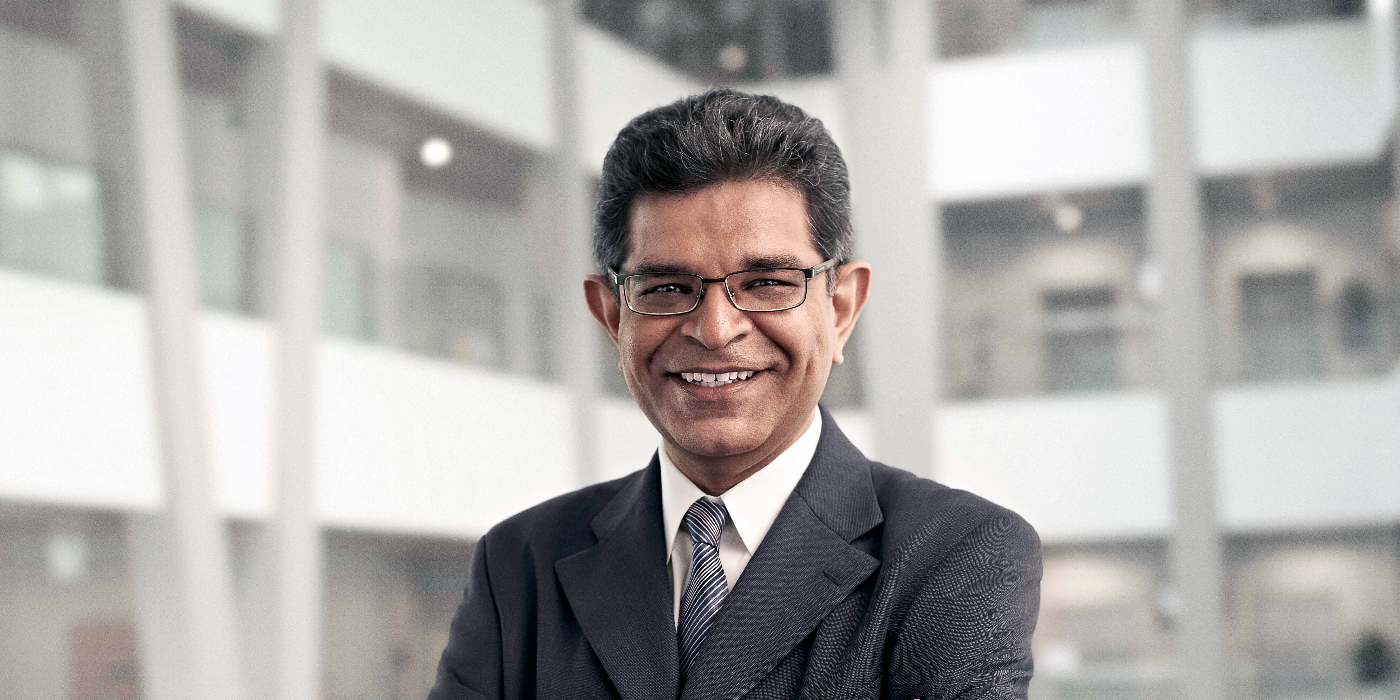The world may be fraught with disruption, but going back to school may be the best thing for business leaders to do, according to Associate Professor Prem Shamdasani, Academic Director, The NUS Executive MBA.
The classroom, Assoc Prof Shamdasani says, is the best place for these executives to get up close and personal with innovative business practices in Asia, where all the action is. BIZBeat spoke with him to find more:
What challenges do business leaders face?
There’s tremendous disruption happening to organisations today. The disruption is driven by factors such as cybercrime, geopolitics and technology.
Markets are now hyper-competitive, and if organisations want to be leaders in their fields, they need to be purpose-driven, strategic and have the speed to react to the constant disruption in the business environment.
Considering society’s fast pace, would executives have time for school?
The reality is that things are changing so fast that managers and senior leaders need to take time off and go back to school to apply the knowledge, frameworks and tools to transform their organisations and themselves.
And what can our EMBA programme offer to executives looking to transform themselves?
We are a global EMBA programme, but over and above that, we offer deep perspectives and insights about doing business in Asia.
We are the only programme where we spend more than 50 per cent of our time conducting classes and immersion activities such as visiting firms and networking with industry figures outside the home country.
Why do we go to places like Shenzhen, Shanghai, New Delhi, Ho Chi Minh City, Jakarta, Tokyo, and Sydney? When we talk about doing business in China, it’s easy to learn a case study on Huawei or Lenovo. But it is nothing like going to Shanghai and Shenzhen, taking classes, having discussions, and hearing from China-based professionals and leaders about doing business in China.
We also have a very strong alumni network where they help the programme in many ways, like sharing their experiences as guest speakers and enabling company visits. The alumni also offer career opportunities offering internships and projects and hiring graduates from other programmes.
How has the programme evolved to stay ahead of the curve?
Our curriculum has evolved after considering the current challenges leaders and business leaders face. We added special topics like managing change and disruption because the human capital side is as important as your business goals. We are increasingly incorporating social purpose themes and content on sustainability and social responsibility in our various EMBA module.
For instance, a class is visiting a manufacturing company repositioning itself to compete in industry 4.0, incorporating digitalisation and big data. The students get to tour the operations and dialogue with senior management. Our students can experience all these up close.
In response to the pandemic, we redesigned our modules to have two components, a virtual component taking 25 per cent of the module and the remainder face to face learning. As a result, students can get started on the course materials online before class. It also helps reduce the intensity of the face to face component, and we can have deeper discussions during class.
What are your plans for the future?
We are considering introducing electives to give our students more choice in the curriculum. For example, some may be keen on crypto and bitcoins, while others on the ESG topics. This move will add to the richness and diversity of the curriculum.



